Offshore BPO: Why Vietnam is the Ideal Destination for Chinese Enterprises
As Chinese corporations seek new ways to streamline operations and improve global competitiveness, Offshore BPO is emerging as a strategic solution. While China has developed a robust BPO industry over the decades, more enterprises are now looking outward—to destinations like Vietnam—for cost-effective, scalable, and high-quality outsourcing services.
In this article, we explore the potential of Offshore BPO in Vietnam for Chinese businesses, and why it’s becoming a preferred outsourcing hub in Asia.
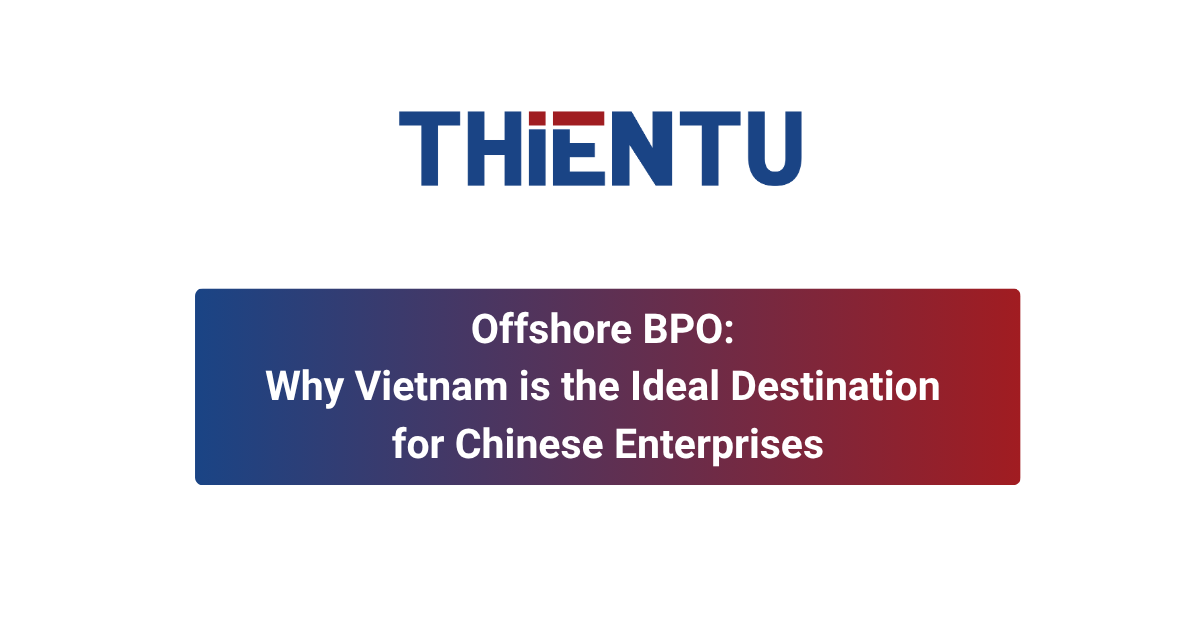
The Rise of Offshore BPO in China
China’s BPO journey began in the 1990s with software outsourcing and IT-enabled services. Over time, it attracted global firms such as IBM and Accenture, while domestic giants like Alibaba and Tencent built strong in-house BPO capabilities.
However, several challenges persist:
- Rising labor costs
- Language and cultural gaps in foreign markets
- Limited global scalability for domestic BPO firms
To overcome these barriers, Chinese companies are now seeking Offshore BPO partnerships in countries with favorable market conditions—Vietnam being a top choice.
Why Vietnam is the Next Offshore BPO Hotspot for Chinese Companies
1. Cost-Effective and Skilled Workforce
Vietnam offers a large, young, and educated talent pool at highly competitive rates. Labor costs in Vietnam are significantly lower than in China, India, Malaysia, and the Philippines—making it a prime location for budget-conscious outsourcing.
2. Strong IT and Digital Infrastructure
Vietnam has rapidly advanced its technology infrastructure, including:
- 4G/5G internet connectivity
- Cloud-based enterprise solutions
- Digital payment systems
- AI and automation capabilities
This digital evolution supports high-quality Offshore BPO services across industries.
3. Supportive Government Policies
Vietnam’s government actively encourages BPO investments through tax incentives and regulatory support for international partnerships. These policies simplify market entry and operations for foreign businesses, including Chinese enterprises.
4. Multilingual Capabilities for Cross-Border Business
Vietnam’s growing pool of multilingual professionals can support Chinese, English, Japanese, and Korean languages—essential for companies expanding in Asia-Pacific. This linguistic advantage enhances customer support, content localization, and back-office operations.
Real-World Adoption: Chinese Enterprises Outsourcing to Vietnam
Major Chinese corporations such as Tencent, Alibaba, Lazada, and Shopee are already tapping into Vietnam’s Offshore BPO ecosystem. Sectors like e-commerce, logistics, and customer experience are leading the charge, with Vietnamese service providers playing key roles in managing cross-border operations.
Vietnam vs. Global Offshore BPO Destinations
Vietnam competes with top outsourcing hubs like:
- India
- Malaysia
- Indonesia
- Philippines
- Brazil
However, its proximity to China, cultural compatibility, and competitive pricing give it a strategic edge—especially for Chinese companies seeking regional efficiency and rapid deployment.
Conclusion
As China’s BPO market matures, outsourcing functions to neighboring Vietnam offers a smart, scalable, and cost-effective alternative. With strong IT infrastructure, a skilled workforce, and a supportive business environment, Vietnam stands out as a top Offshore BPO destination for Chinese enterprises.
Now is the time for Chinese businesses to explore Offshore BPO in Vietnam—unlocking operational efficiency, market agility, and long-term growth.
In today’s highly competitive consumer goods market, managing and monitoring product display at retail outlets has become a critical component of brand strategy. To enhance the effectiveness of market supervision and ensure the accuracy of outlet-reported data, a leading FMCG company launched the Outlet Verification project—an essential initiative to control market data through image-based validation.


.png)





.png)

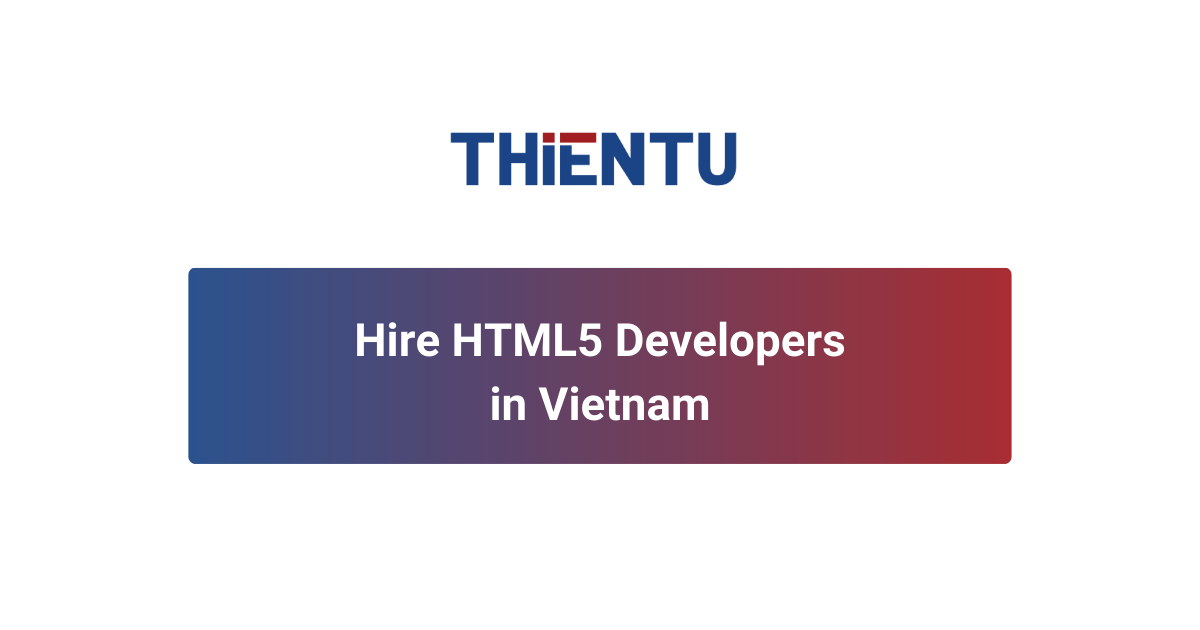

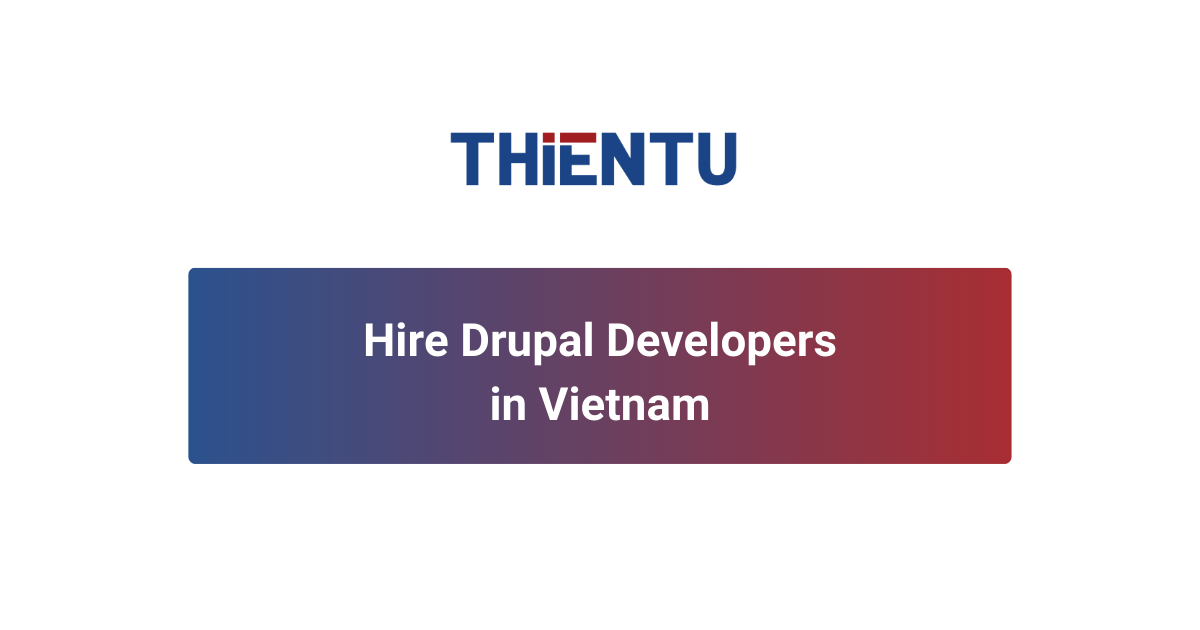
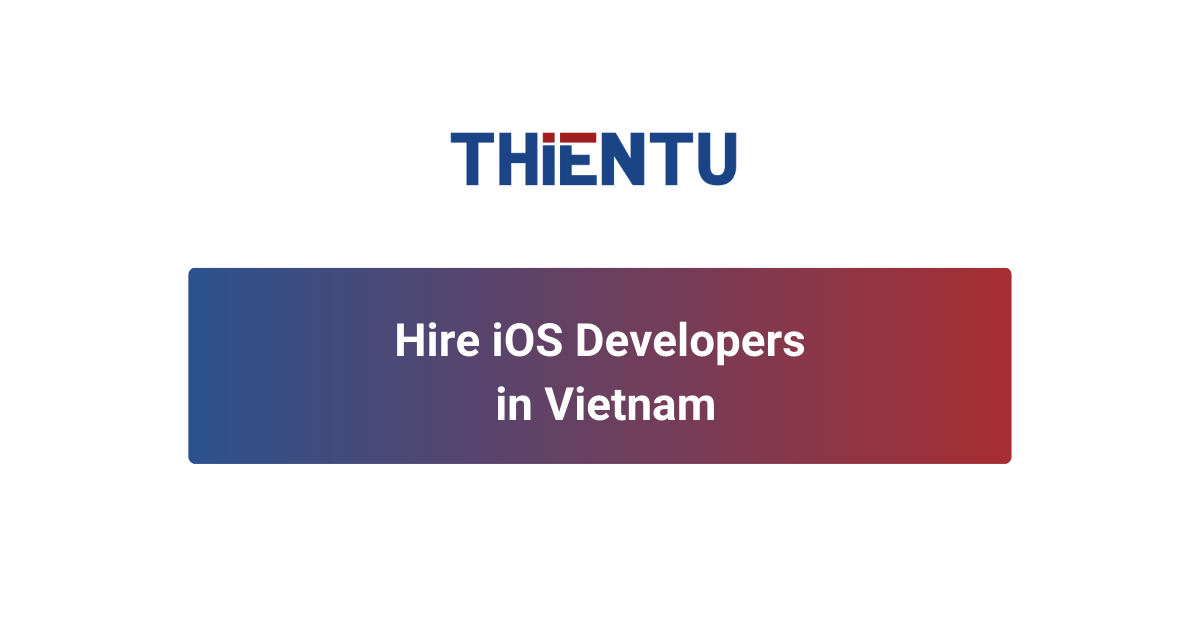
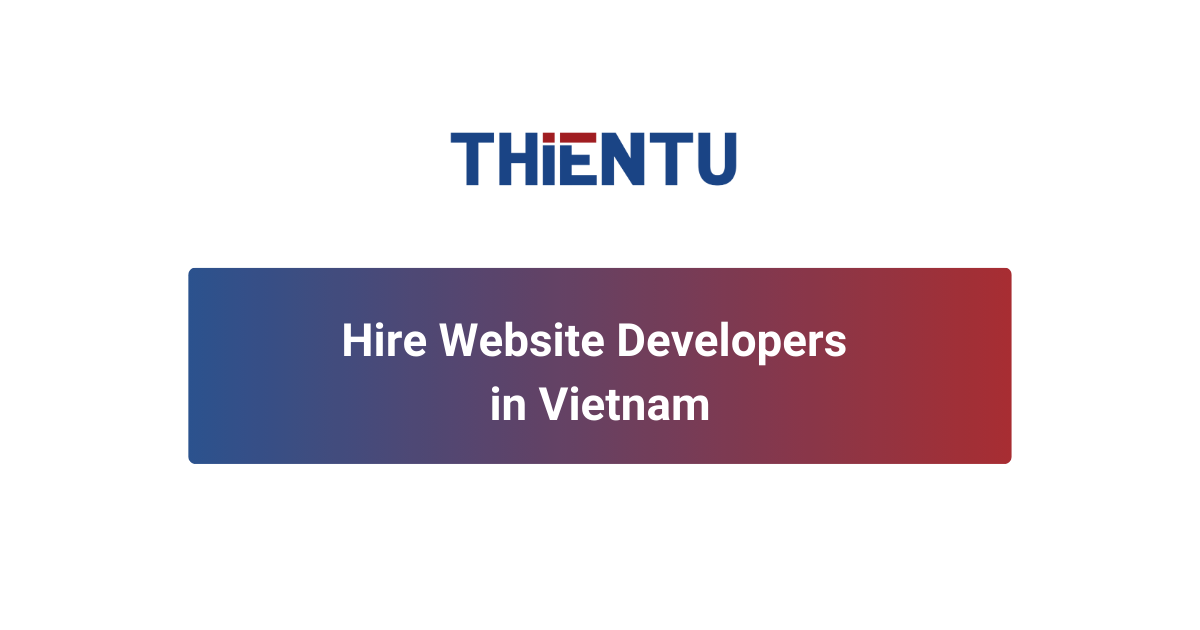



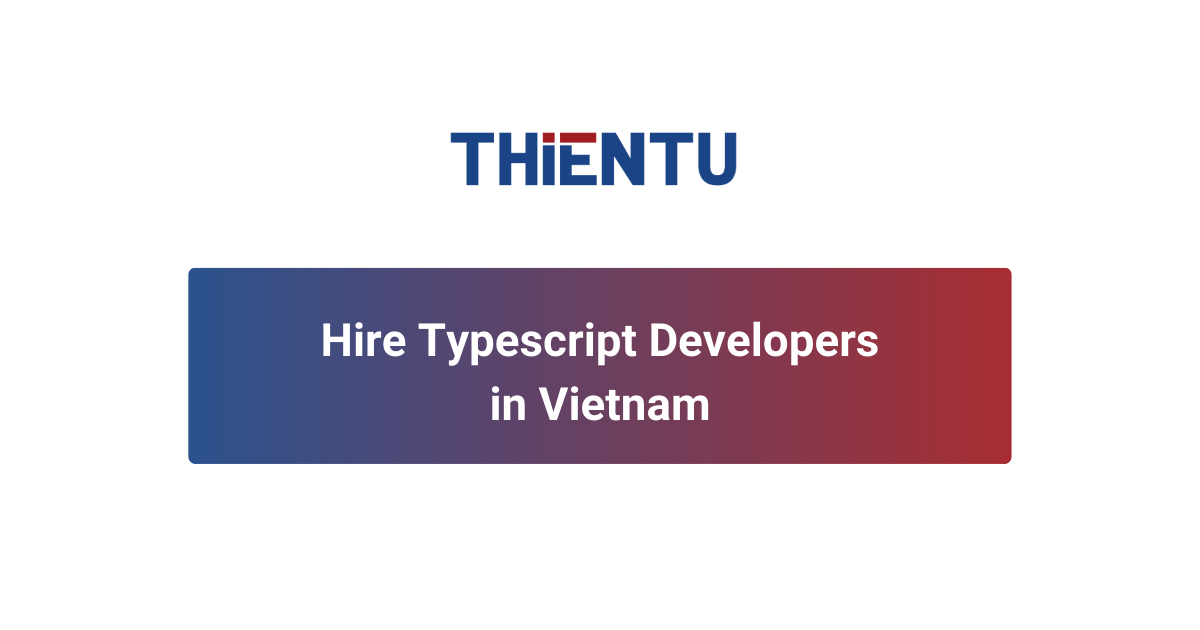

 Back
Back